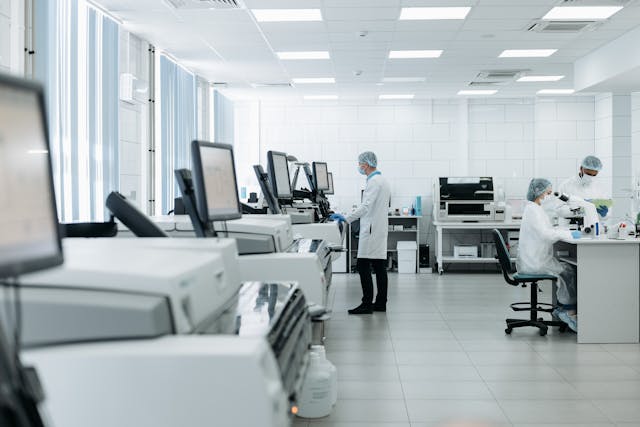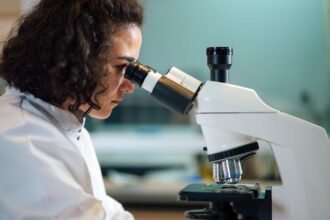Researchers at the Icahn School of Medicine at Mount Sinai have embarked on a pivotal investigation addressing a critical yet often overlooked question in cancer research: Why does cancer risk intensify with age? Their findings highlight the role of the ageing immune system in promoting tumour growth, opening new areas for cancer prevention and treatment, particularly among older adults.
The study utilises preclinical models to explore how anakinra, a drug commonly used for inflammatory conditions such as rheumatoid arthritis, could be repositioned to disrupt the detrimental interactions between early lung cancer lesions and bone marrow. The researchers explain that this discovery is significant because as the immune system ages, it fosters inflammation that can accelerate cancer development.
Matthew D. Park, PhD, a sixth-year MD/PhD student at Icahn Mount Sinai and the study’s lead author, under the guidance of Miriam Merad, MD, PhD, notes that ageing immune systems trigger harmful inflammation that supports cancer growth by promoting the accumulation of pro-tumour macrophages. These immune cells suppress other immune cells that usually attack tumour cells, weakening the body’s ability to combat cancer.
Dr. Merad, who is the Dean for Translational Research and Therapeutic Innovation, Director of the Marc and Jennifer Lipschultz Precision Immunology Institute, and Chair of Immunology and Immunotherapy at Icahn Mount Sinai, discusses how their team found that by blocking specific inflammatory pathways—particularly those involving molecules called interleukin-1⍺ (IL-1⍺) and IL-1β—this damaging process could be reversed in mouse models. This suggests a potential new approach to cancer prevention in humans.
The communication between early lung cancer lesions and immune stem cells in the bone marrow via IL-1⍺/β illustrates how an ageing immune system contributes to cancer progression. In their study, the team visually differentiated tumour cells that express the receptor for IL-1⍺/β from those that do not, providing a clear, illustrative representation of the cellular interactions.
Cancer becomes increasingly prevalent with age, with incidence rates spiking sharply after the age of 60. Although various theories have been proposed, including the cumulative effects of environmental damage and genetic mutations, there has been little concrete data to explain why ageing is so closely linked to cancer progression. The team’s use of mouse models to investigate how ageing affects cancer progression shed light on this relationship. They found that cancers of the lung, pancreas, and colon grew more rapidly in older mice compared to younger ones.
The researchers simulated the effects of the immune system’s ageing by using bone marrow transplants from young or old mice. They discovered that an aged immune system accelerates cancer growth even in young mice. More strikingly, they found that rejuvenating the immune system significantly reduced cancer growth in older mice.
Dr Merad emphasises that this is the first robust evidence confirming that chronic inflammation from an ageing immune system predisposes individuals to cancer. This research not only advances the lab’s prominence in the field of immune ageing but also sets the stage for future investigations into its connections with cancer and other age-related conditions such as cardiovascular disease and infections. Dr Thomas Marron, co-senior author and Director of the Early Phase Trial Unit at Mount Sinai’s Tisch Cancer Institute reveals that based on these findings, early-phase clinical trials using anakinra in high-risk patients have commenced, aiming to test whether targeting the immune system can effectively prevent cancer progression. The ultimate goal is to develop preventive strategies that mitigate harmful inflammation in older adults, thus significantly reducing cancer incidence.
More information: Matthew D. Park et al, Hematopoietic aging promotes cancer by fueling IL-1⍺–driven emergency myelopoiesis, Science. DOI: 10.1126/science.adn0327
Journal information: Science Provided by The Mount Sinai Hospital / Mount Sinai School of Medicine








